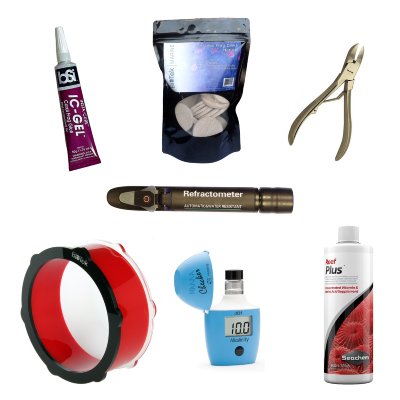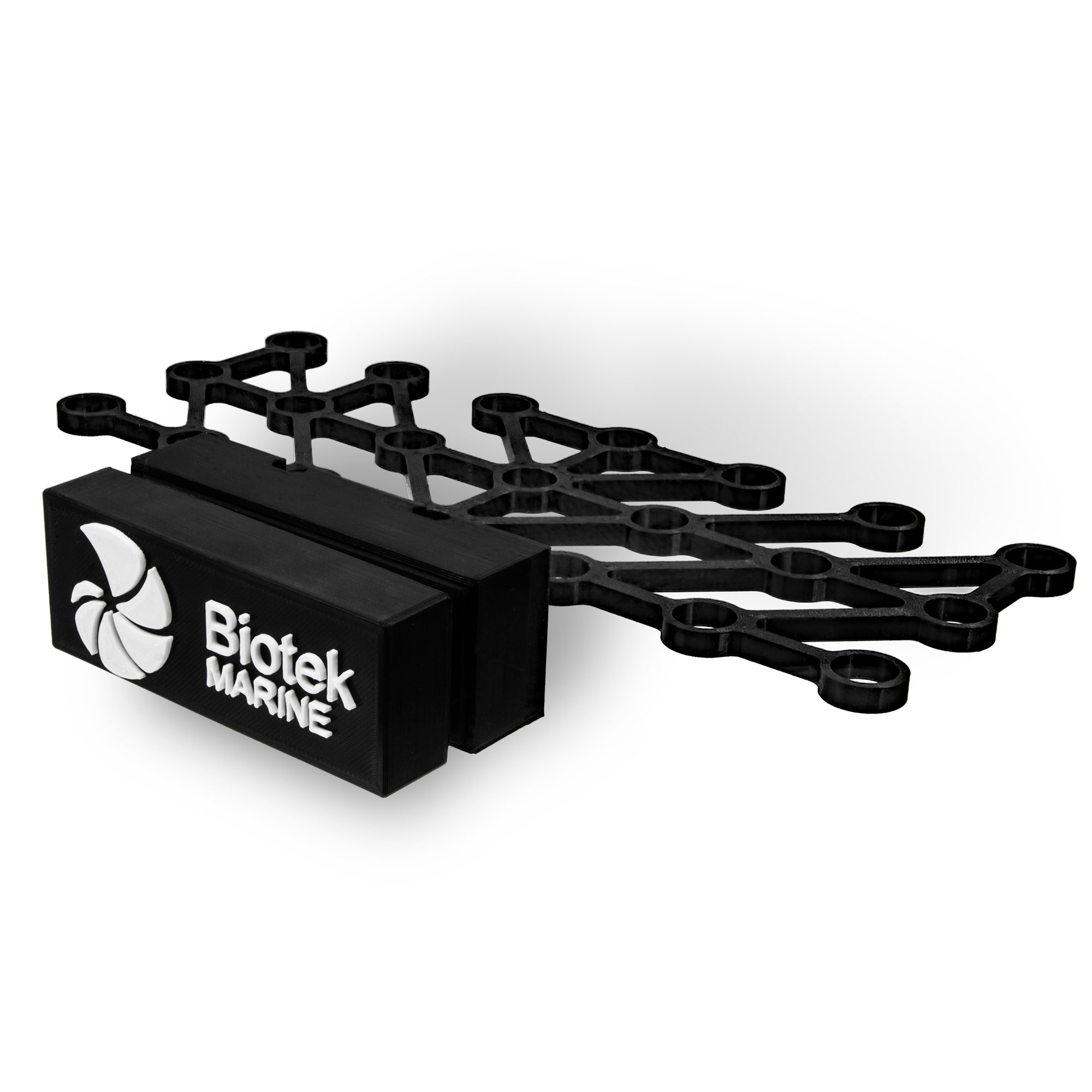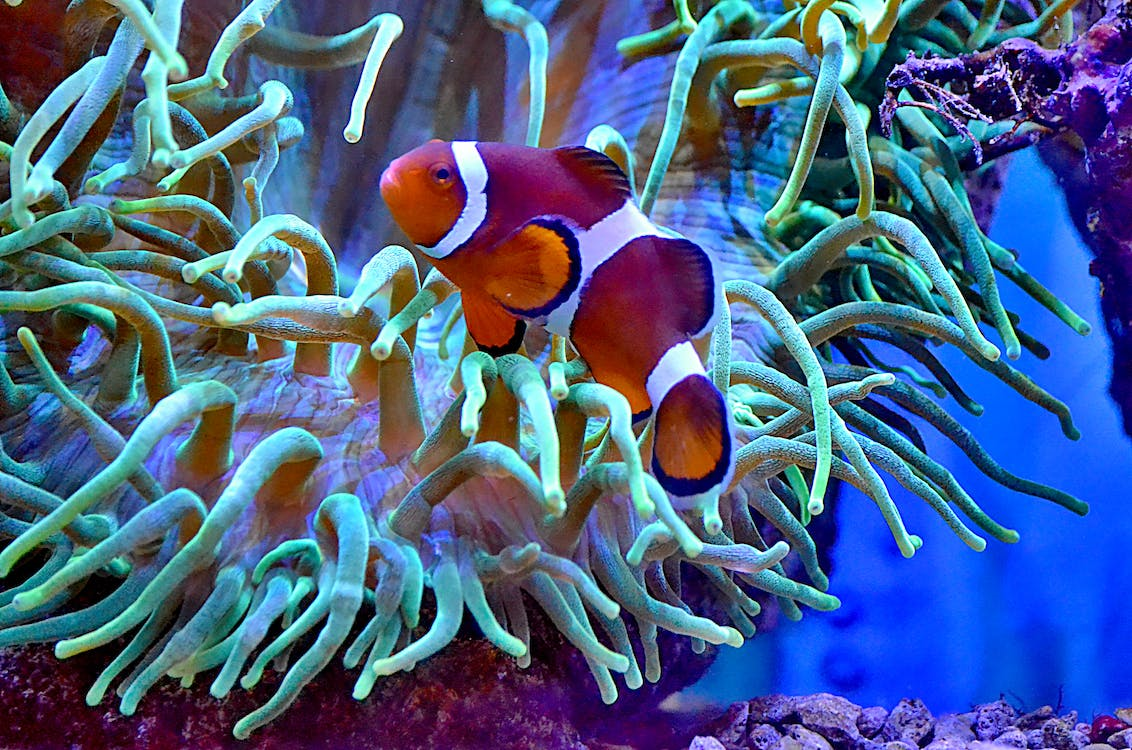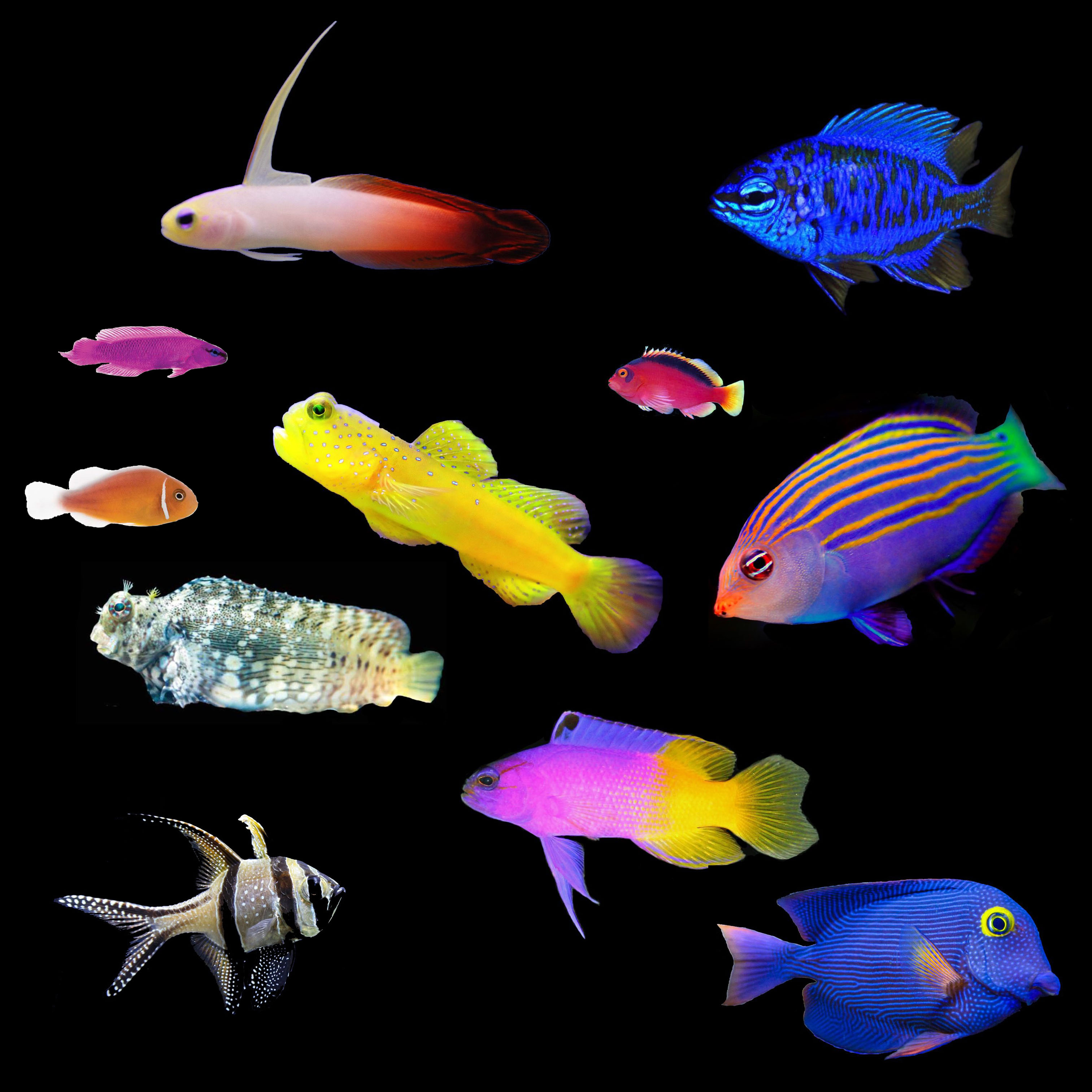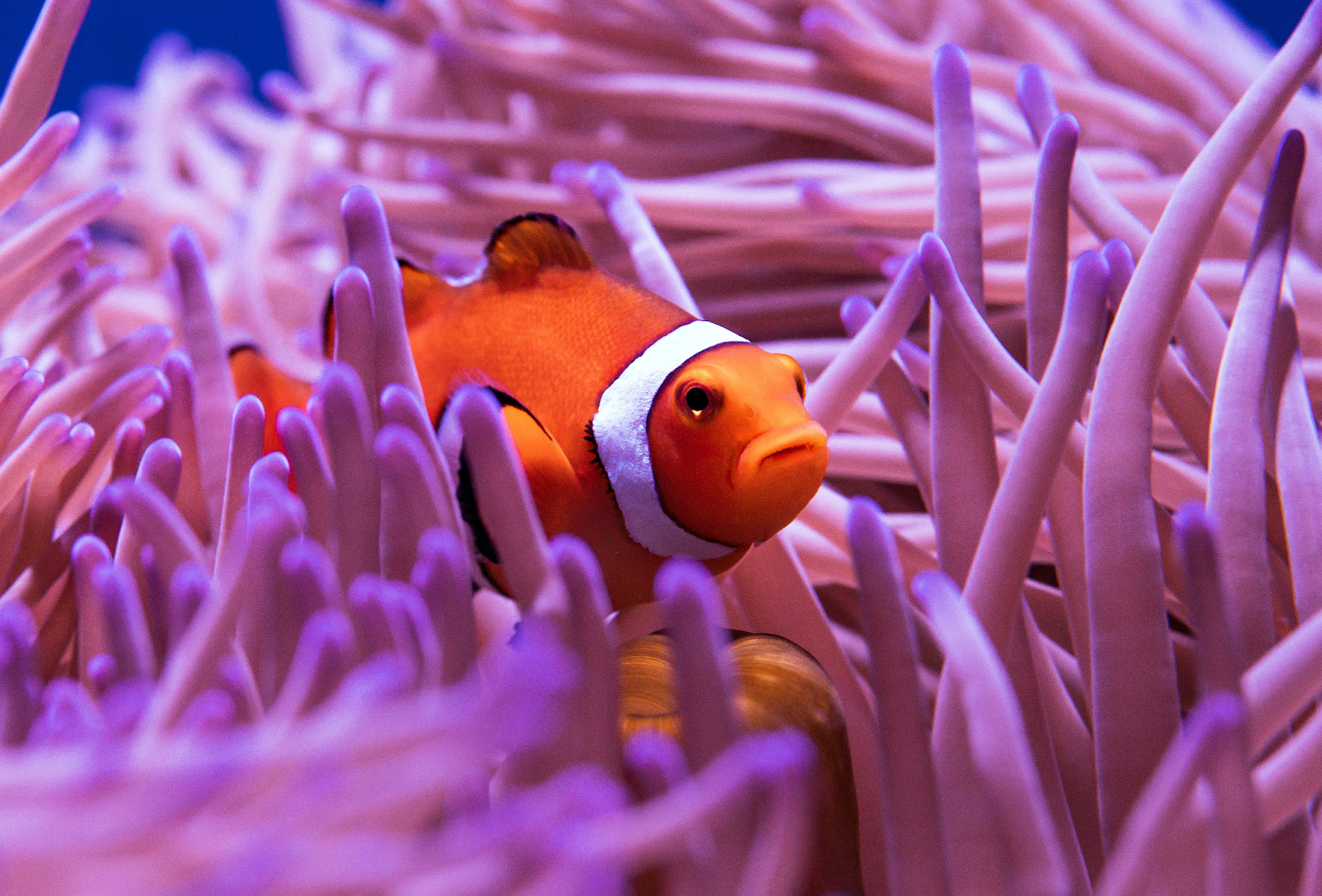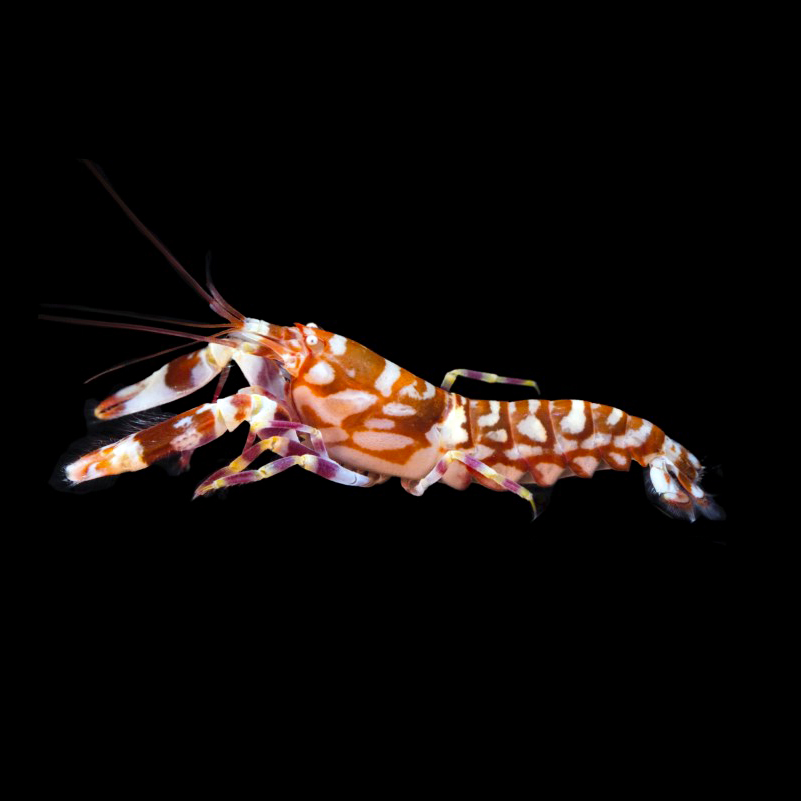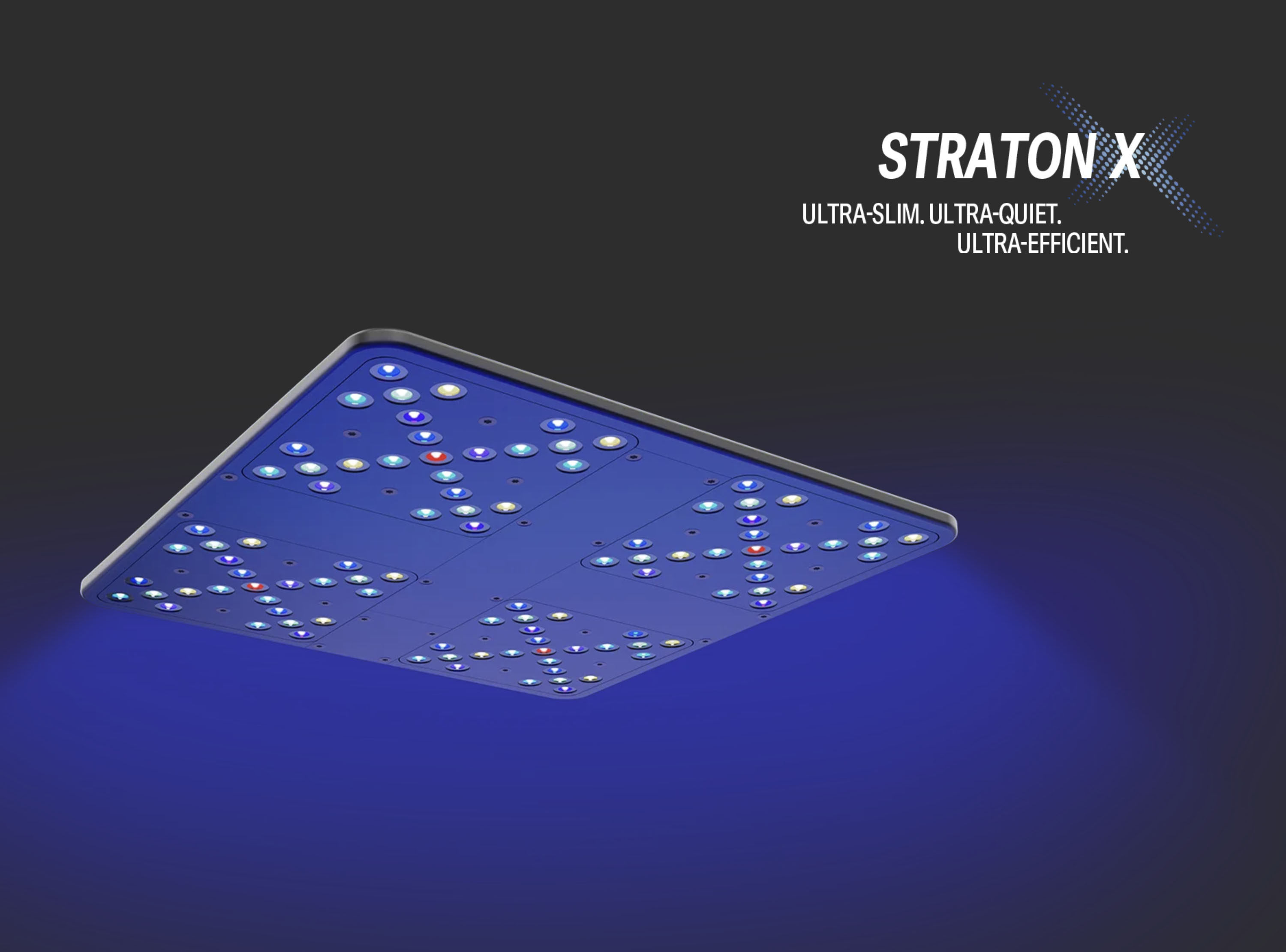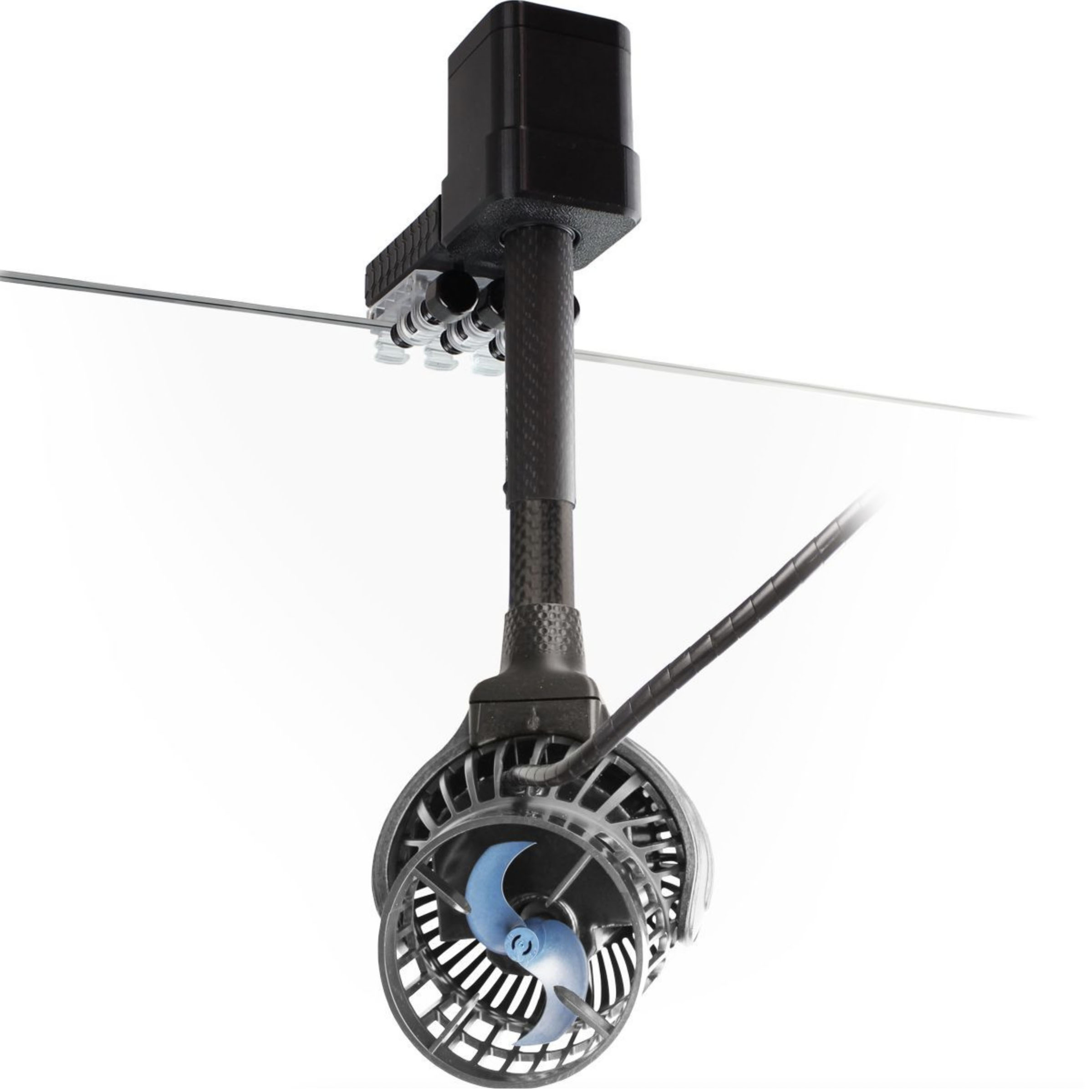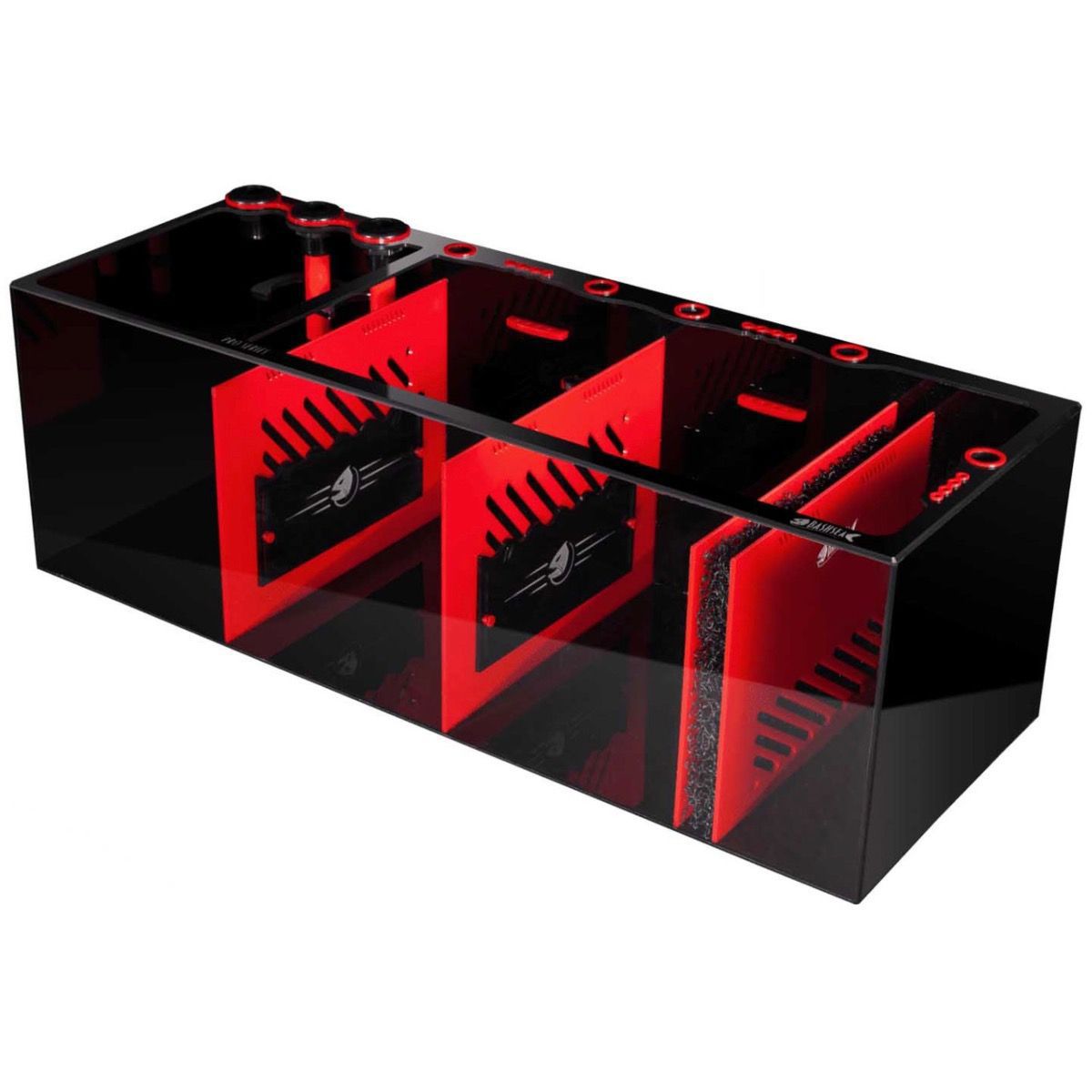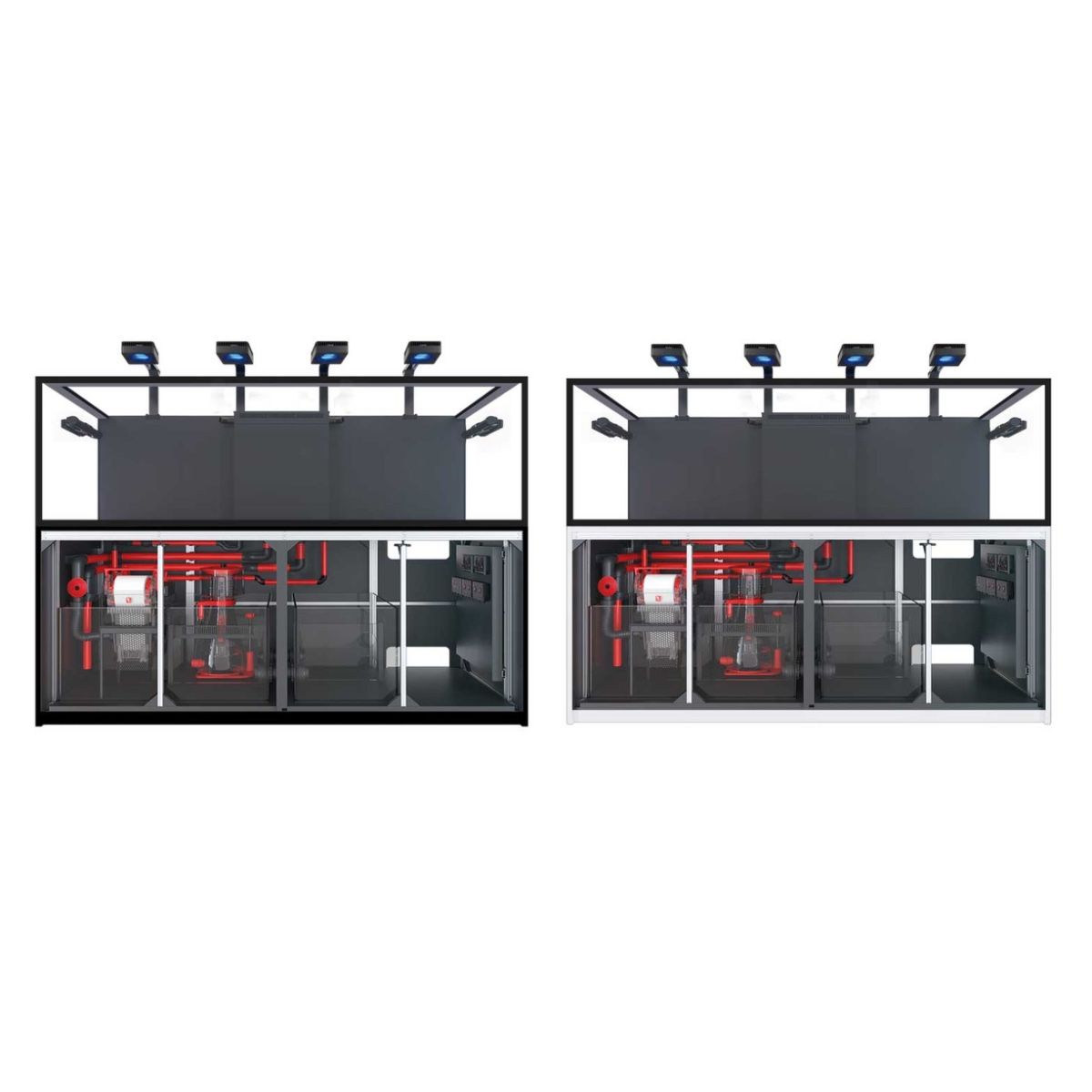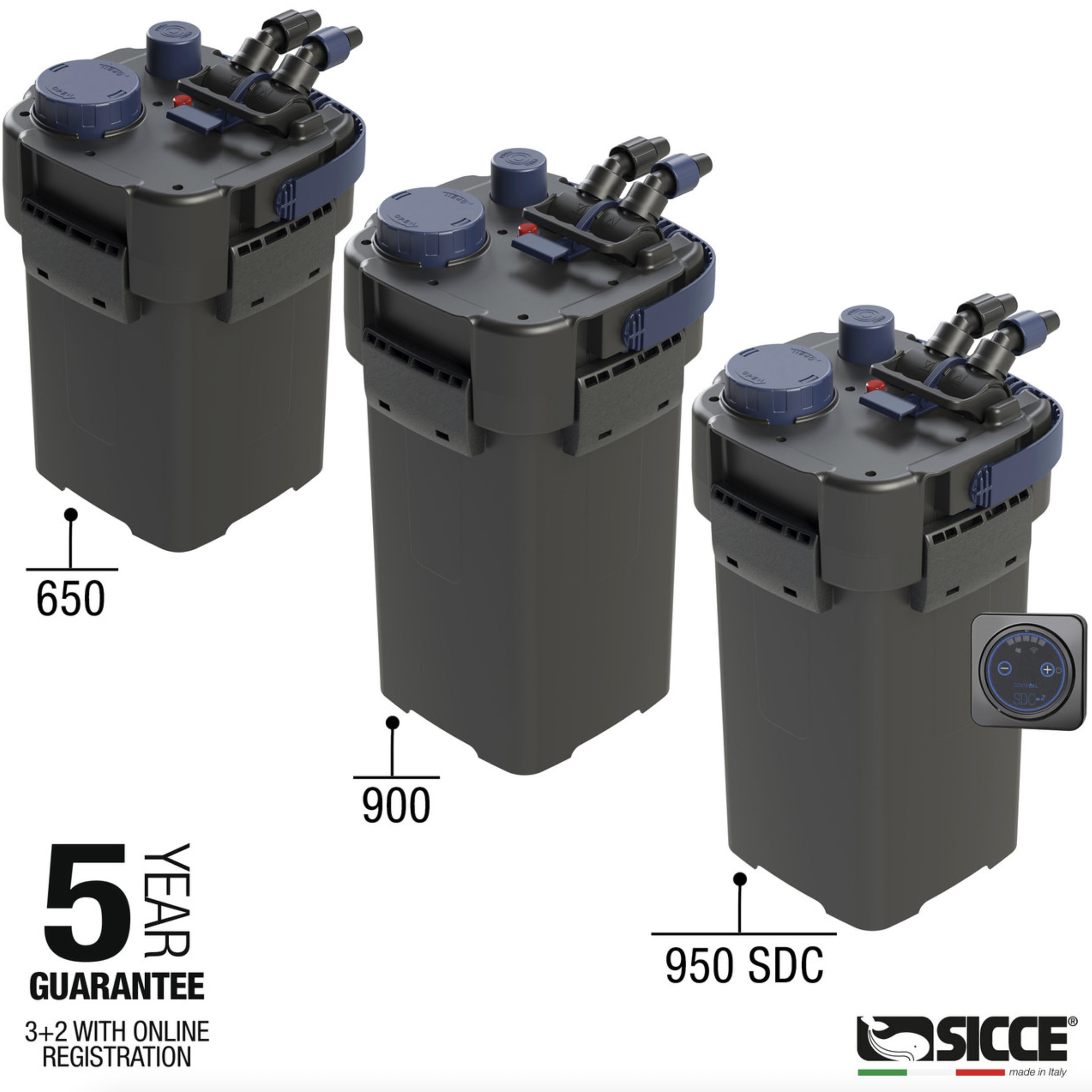We use cookies to make your experience better. To comply with the new e-Privacy directive, we need to ask for your consent to set the cookies. Learn more.
Soft Corals for Beginners: Path to a Vibrant Aquarium
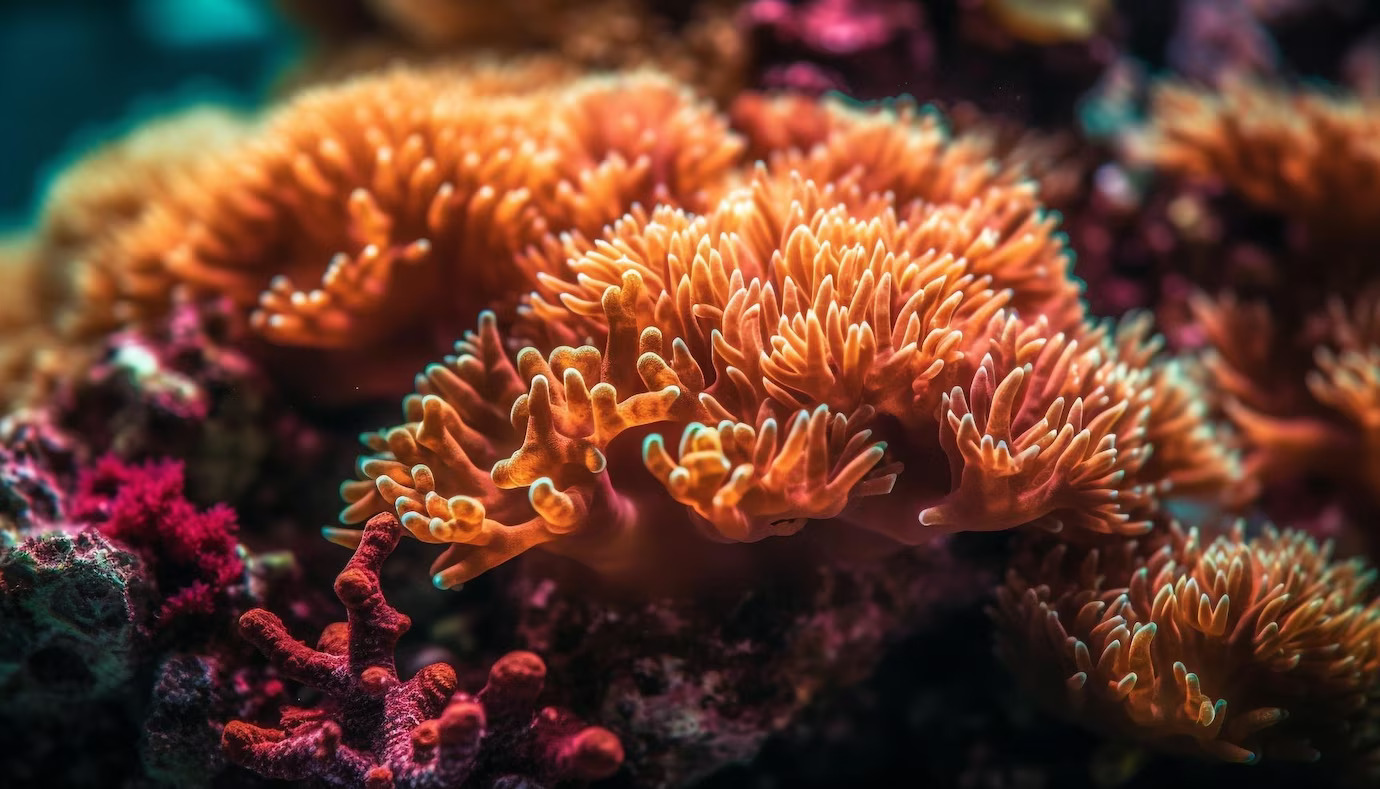
Soft corals are an excellent option for both novice and expert aquarium keepers when it comes to building an attractive and thriving underwater ecosystem in your tank. These magnificent creatures are extremely simple to take care of and add a burst of color, movement, and vitality to your tank. Soft corals are a fascinating way to discover the mysteries of marine life, whether you're a novice or an experienced aquarium enthusiast.
We'll delve into the world of soft corals in this blog, talking about their varieties, maintenance, and more. Let’s get started with this colorful journey.
What Are Soft Corals? The Basics of Hard Coral Vs Soft Coral
Contrary to their hard coral relatives, soft corals lack the stiff calcium carbonate skeletons that distinguish hard corals. This difference gives them a smooth, malleable appearance that frequently resembles delicate flowers or beautiful trees swaying in the currents. While there are a few exceptions, soft corals are generally the simplest to maintain in an aquarium, making them the ideal choice for novices.
Some of the Best Soft Corals for Beginners
1. Zoanthids and Palythoas
Known for their amazing patterns and vivid colors, zoanthids and palythoas are among the most well-liked options among aquarium hobbyists. They are adaptable and reasonably hardy, thriving in a range of environments. They are sensitive to abrupt changes in light intensity, so we have found that it is better to place recently obtained specimens in a darker section of the aquarium and let the polyps become used to it gradually.
2. Mushroom Corals
These spherical, disc-shaped corals are available in a variety of hues and textures, making them a useful and eye-catching addition to your tank. Moderate water conditions are necessary for mushroom corals. Little is affected by even the slightest change in the water. Even in less-than-optimal circumstances, mushroom coral can survive. They play with others and are less hostile. Any location in the tank will do for placement. Just make sure there is moderate water flow and low light levels.
3. Pulsing Xenia
It is one of the most sought-after soft corals for beginners. These corals give hypnotic movement to your aquarium with their rhythmic pulsations. Low water flow and lighting conditions are favorable for pulsing Xenia corals. Therefore, if you intend to invite a large group to your home, no extra arrangements as such are required.
4. Green Star Polyps
These corals create rich green mats that cover the rocks and substrate in your tank, bringing a bit of the beauty of nature inside. Green star polyps have high fragging potential because of their quick growth. They are photosynthetic, so you won't have to worry about needing more food. They can obtain additional nourishment from the water column and other food remnants left by fish, crabs, and other creatures if necessary.
Now That We Have Glimpsed at the Types of Soft Corals, Let Us Discover the Advantages of These Amazing Easy Corals for Beginners.
Advantages of Soft Corals
- Aesthetic Appeal: One of the most alluring features of soft corals is their stunning visual impact. Soft corals add a captivating underwater landscape to your aquarium thanks to their vivid colors, distinctive shapes, and gentle movements. They turn your tank into a living canvas that offers endless fascination and beauty.
- Affordability: Many soft corals are inexpensive compared to some of the more delicate and pricey coral species, enabling you to build a lovely aquarium without going overboard. Soft coral reef tank lights are usually a good place to start because softies don't need as much light as stony corals do.
- Easy Maintenance: Soft corals are a great option for anyone new to the world of marine aquariums because they often have less strict water requirements and maintenance schedules. Additionally, they recover more quickly from challenges, so if you make a mistake, the corals are much more likely to turn around and recover.
- Water Filtration: Soft corals contribute to a healthy overall ecology by removing contaminants and excess nutrients from the water. This helps to maintain water quality. This implies that you won't likely need to acquire as many additives or spend as much on dosing pumps.
- Less Aggressive Behavior: Soft corals are typically more calm and cooperative tankmates than hard corals, which can occasionally display aggressive tendencies toward nearby corals. Their pliable structures and non-invasive growth patterns make them excellent companions for a variety of other marine life forms.
Basic Care and Maintenance for Soft Corals
While caring for soft corals is not as demanding as their hard counterparts, you still need to ensure proper coral care in order to make sure they thrive in your soft coral tank. Here are some parameters that you need to look out for:
- Lighting: Different soft coral species require different amounts of illumination.. However, as a general rule, use the suitable reef LED lights to give moderate to high-intensity lighting. Consider designing a lighting schedule that follows the natural cycle of day and night. The majority of soft corals in aquariums like moderate light; under high-intensity lighting, the corals can be put near the bottom of tanks. Put the soft corals at the top if the light source is dimmer.
- Water Flow: By distributing a moderate-to-low water flow around the tank, simulate natural water movement. This aids in feeding your corals nutrients and keeps debris from collecting on them.
- Feeding: Some species of soft coral can benefit from extra feeding, even though many of them get all of their nutrition from photosynthesis. A few times each week, you can give out little, suitable-sized food particles like phytoplankton and zooplankton. It's crucial to avoid overfeeding because too many nutrients can affect the quality of the water. It is also a good source of food for them if your tank is a little bit unclean.
You can provide a favorable environment for the growth of your soft corals by adhering to these rules. In order to provide your specific soft corals with the best care possible, keep in mind that every species of coral has different care requirements.
Final Word
These fascinating organisms enhance your aquatic world while offering aquarists of all skill levels a rewarding and delightful hobby, from affordability and ease of maintenance to water filtering and peaceful cohabitation. Consequently, these easy corals for beginners open the door to a fascinating domain of marine life that is both visually appealing and immensely rewarding, whether you're just starting out or looking to extend your aquatic collection.
So don’t wait, get started on this colorful journey today




